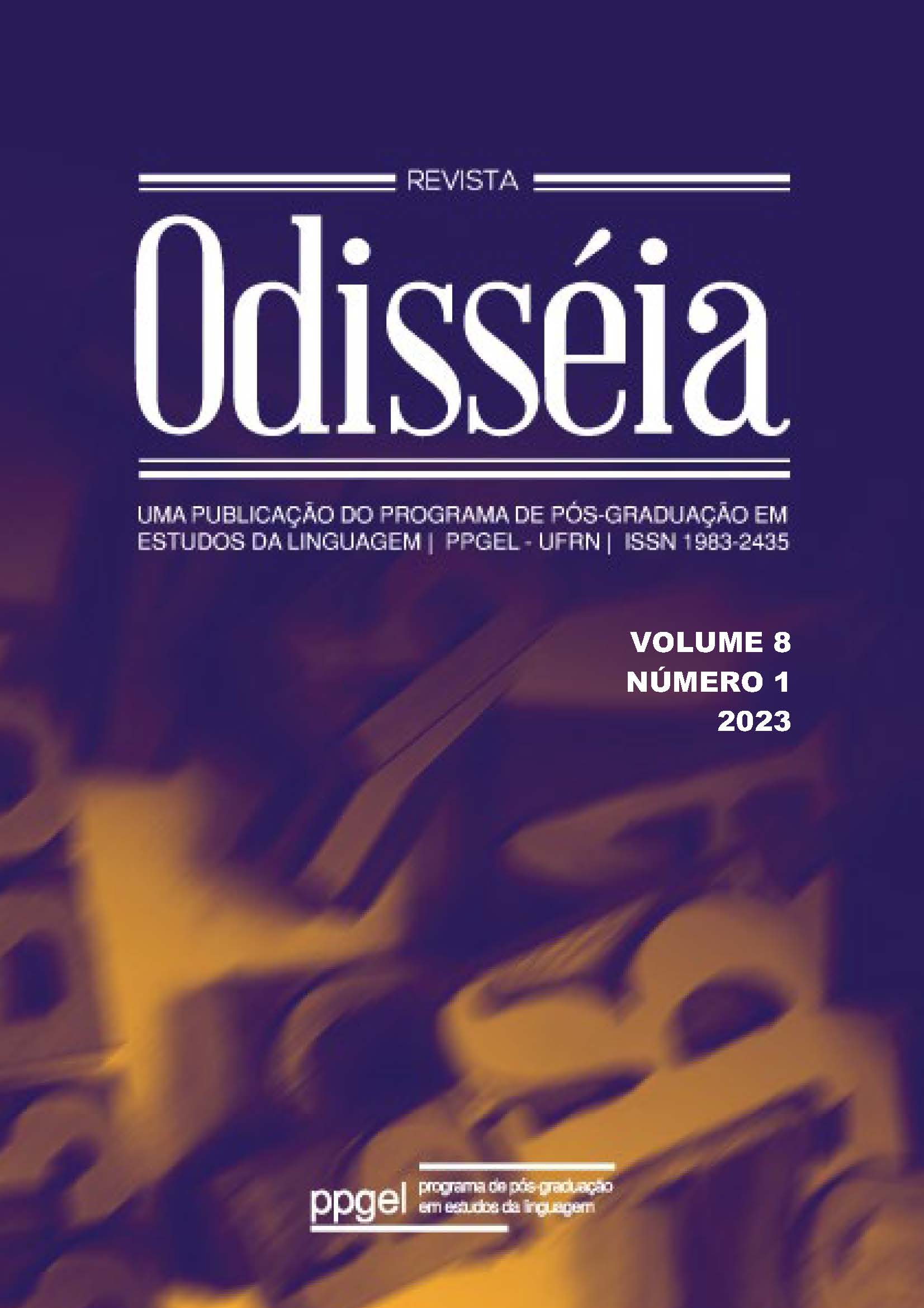Um estudo do aparelho psíquico em “O Grande Inquisidor”, de Dostoiévski
DOI :
https://doi.org/10.21680/1983-2435.2023v8n1ID31460Mots-clés :
Dostoiévski, O Grande Inquisidor, Literatura e PsicanáliseRésumé
A proposta deste artigo é estudar o conto “O Grande Inquisidor”, que faz parte da obra Os Irmãos Karamázov, de Dostoiévski (2012), evidenciando os agentes do aparelho psíquico freudiano, que conformam a referida narrativa. Analisam-se as facetas dominantes do superego, assim como os fluxos do id e ego, em relação aos principais intentos das personagens, com o intuito de revelar que a crítica contida na obra literária se refere a questionamentos relacionados ao ser humano dominado e robotizado sob a figura de um “Inquisidor Invisível”. Parte-se do entrelaçamento entre a literatura e a psicanálise, o qual possibilita observar como estas áreas se relacionam para tratar de uma essência em comum que atua na sociedade, que pode evoluir ou retardar a harmonia social.
Téléchargements
Téléchargements
Publié-e
Comment citer
Numéro
Rubrique
Licence
© Revue Odisseia 2023

Cette œuvre est sous licence Creative Commons Attribution - Pas d'Utilisation Commerciale - Partage dans les Mêmes Conditions 4.0 International.

Este trabalho foi licenciado com uma Licença http://creativecommons.org/licenses/by-nc-sa/4.0

















